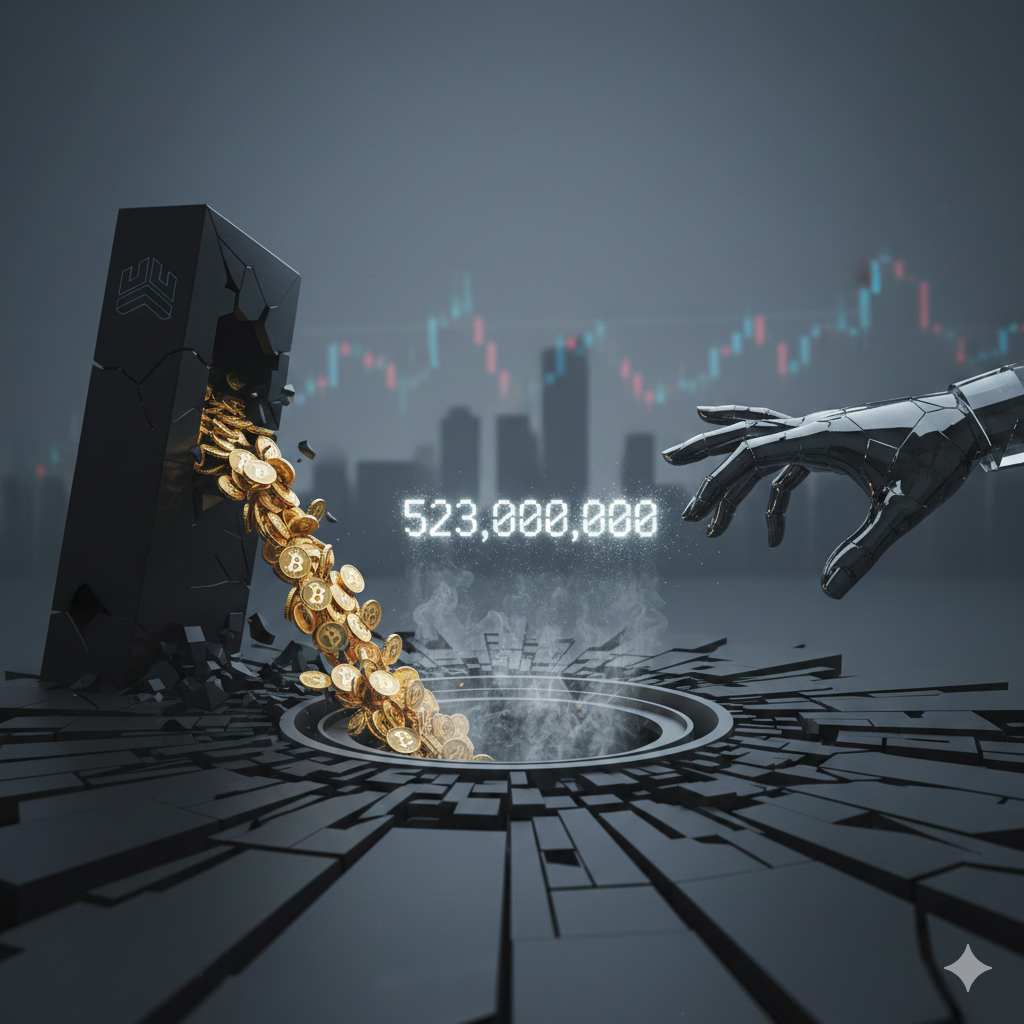Stocks may plummet by nearly 50%, and a recession could strike this year, cautioned Paul Dietrich of B. Riley Wealth Management. According to Dietrich, the S&P 500 could see a dramatic 48% drop when the stock market bubble bursts and the US economy slides into a recession.
“I anticipate that the impending recession will cause a more severe stock market decline than what we witnessed in 2000 and 2008,” Dietrich stated in his latest monthly commentary. He underscored several alarming indicators that suggest stocks are significantly overvalued and on the verge of a correction. Notably, he highlighted the S&P 500’s price-to-earnings ratio and the inflation-adjusted Shiller PE ratio, both of which are at multi-decade highs when excluding past recessions. Additionally, the benchmark index’s historically low dividend yield of 1.35% raises concerns.
Dietrich also pointed out that the recent market gains have been fueled by investors’ enthusiasm for a few standout stocks like Microsoft and Nvidia, and their optimistic expectations that the Federal Reserve will lower interest rates later this year. However, these gains are not supported by fundamental factors such as increasing corporate earnings.
Drawing a parallel to the internet craze during the dot-com bubble, Dietrich compared the current AI hype to that period. He also mentioned the Buffett Indicator, which has surged to 188% this year, nearing the 200% threshold where Warren Buffett considers stock investments to be highly risky.
Moreover, Dietrich noted that the price of gold has soared by approximately 20% to record highs over the past year. He attributed this rise to institutional investors seeking refuge in gold, anticipating a major market correction or crash due to the overvalued stock market and a slowing economy.
On the economic front, Dietrich argued that years of excessive fiscal spending and artificially low interest rates have merely postponed an economic downturn. He forecasted that interest rates would remain high for an extended period to combat persistent inflation, and the government would need to raise taxes to address the growing budget deficit. This, in turn, would depress the prices of assets like stocks and real estate, leading to an economic slump.
“No one seems to notice that the economy is cooling, and there are risks everywhere,” Dietrich remarked. “I still believe there is a strong possibility that the economy will enter a mild recession this year.”
Dietrich pointed out that the S&P 500 typically falls by about 36% during a recession. The index would need to drop 12% from its current level of around 5,450 points to return to its 200-day moving average. Consequently, he warned that the index could plunge up to 48% to approximately 2,800 points, a level not seen since the COVID-19 crash in the spring of 2020.
While Dietrich is among several top forecasters predicting difficulties for stocks and an impending recession, it is important to note that he has been issuing these warnings for months. So far, neither the market nor the economy has encountered severe trouble.
In light of these potential risks, it may be prudent for investors to consider diversifying their portfolios with safer assets. Gold, with its historical role as a hedge against market volatility and economic downturns, could be a wise addition. As the market remains uncertain, investing in gold might provide the stability and security that traditional stock investments currently lack. Evaluate your investment strategy today and consider the benefits of including gold to safeguard your financial future.





